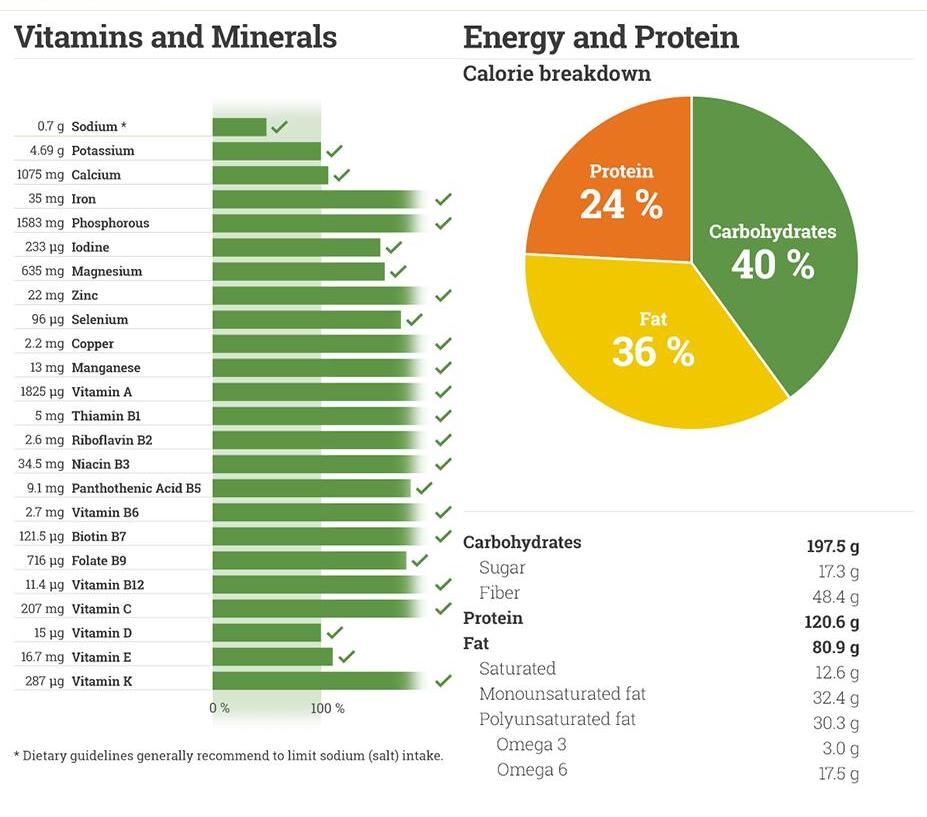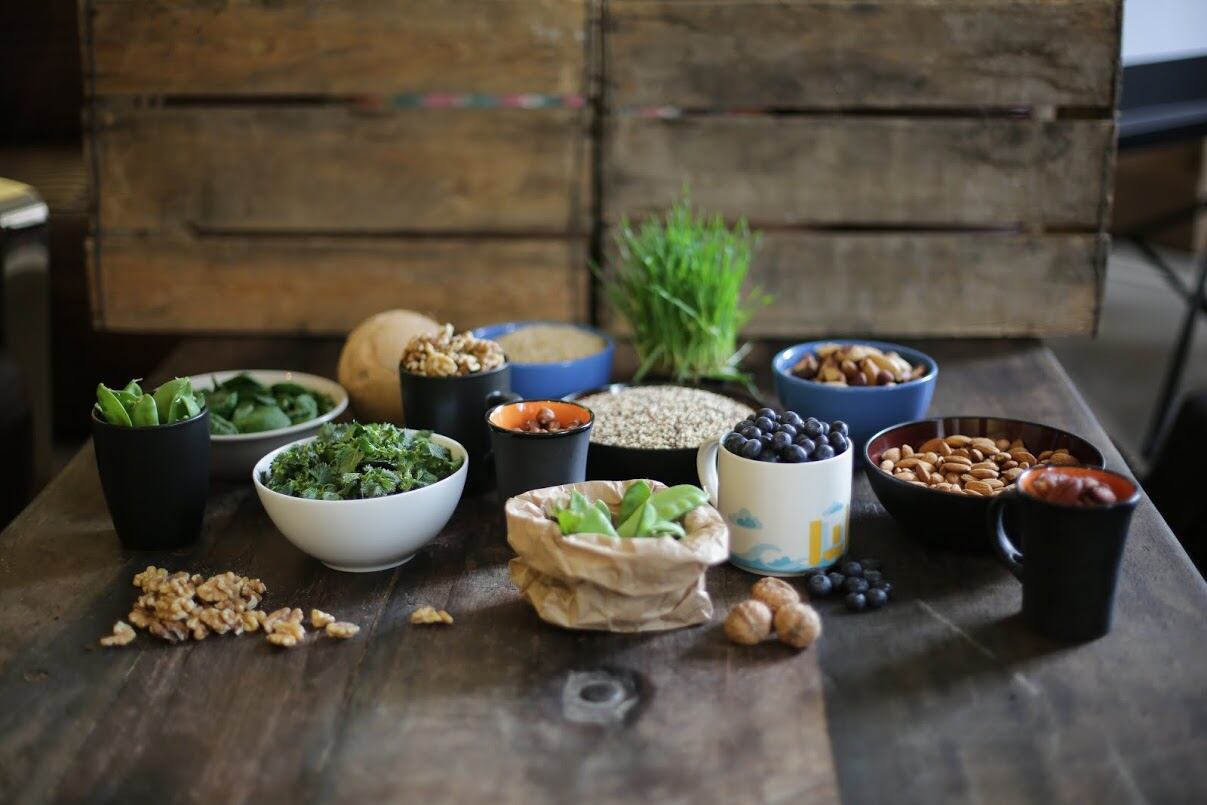Despite the words ‘meal replacement’ featuring on the Finnish company’s website, Ambronite co-founder Simo Suoheimo said this market was not within its line of vision.
“Right now it’s the Wild West out there. Not to mention in the states where it’s even wilder.”
Instead he said the brand would be targeting a mainstream group of busy professional people who may be inclined to skip meals altogether or grab some unhealthy fast food between meetings, while conceding that sports people looking for a special diet may also be attracted by the concept.

The ex-naval platoon leader said meal replacement products tended to focus on this idea of “fixing something” like weight or upping protein intake for muscle gain, as opposed to thinking about what it actually meant to eat healthily and feel healthy.
“Meal replacement has run amok and twisted into modern society,” he told NutraIngredients. “I would question the whole idea behind this. It seems to be a ‘silver bullet.’ I think people are out of touch with what food is and why we eat.”
Since the drinkable ‘super’ meals contained things like oats, nuts, spinach, spirulina and apple, he said the concept was more about getting all the nutrition someone could get from a healthy meal and whole ingredients – as opposed to added ‘synthetic’ nutrients – into a more convenient format.
The company, founded last year, was kick started with crowdfunding of $100,000 (€87,467) from 800 backers. Using the site Indiegogo the company received pledges from 30 different countries in exchange for ten-pack boxes of the add-to-water powder mix. This system essentially serves as a pre-launch order meaning start-ups take less of a financial risk before production and have the opportunity to gauge market interest. All orders received through the crowdfunding platform have now been fulfilled.
‘Crowded and questionable’ market
Last month the European Food Safety Authority (EFSA) released an opinion that laid out what a low-calorie diet replacement regime should contain. The opinion stipulated 600 calories and 30 g of carbohydrates and a minimum 75 g of protein per day.

Suoheimo said he saw this as a positive development in reigning in the weight-loss sector, which he said was characterised by “wild claims”.
One Ambronite meal contains 500 calories, 30 g of protein and 12 g of dietary fibre, in line with Scandanivian and US daily recommendations.
Failing a reduction to pack size, he said Abronite drinks would not fit with EFSA’s calorie count. However, this was not a concern: “We really don’t want to go for this market.”
‘Real’ food
Ambronite focuses on recognisable whole foods as an alternative to unhealthy food habits of busy people. Suoheimo said that in a way something like a nutritionally deficient pizza or a protein bar was more like a meal replacement than his company's drinkable meals.
Despite this, and the fact that he himself consumed two Ambronite meals a day, he said the company was not advising the replacement of conventional food completely.

“Of course even though it does contain everything you need, it’s a very different thing to say you could live off it as needs vary greatly and food is a pleasure in life and should be treasured.”
Indeed the Ambronite website is explicit about not exclusively consuming the food for a prolonged period of time, despite the products being designed to fulfil North American and Scandinavian daily nutrition recommendations.
“We do think it is important for everyone to share dinners with their friends and families, just for the sake of a social experience.”
A pack of ten Ambronite meals each weighing 117 g costs $99 (€86) and can be kept for up to six months.
